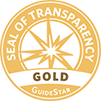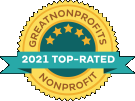Guest blog by Rachel Peterson, Dining for Women Chapter Co-leader
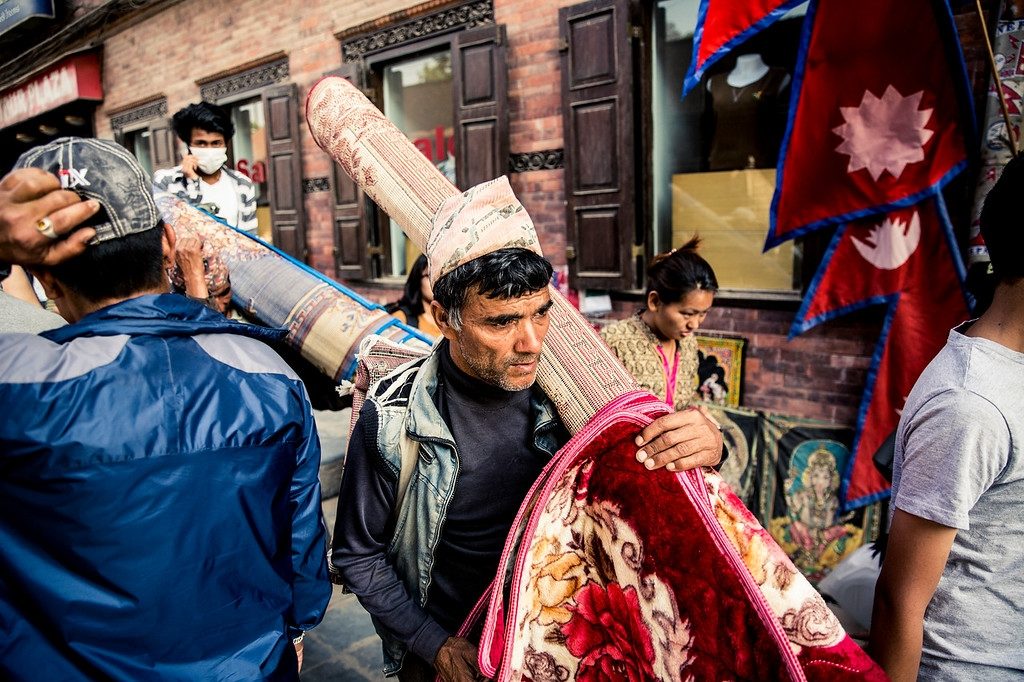 For the 21% of the world’s workers living off of less than $3.10 per day, just having a job is not enough to keep them and their families out of poverty. Low-quality, low-paying jobs lead many to consider migration in search of work that can provide a safe, stable life for their family. But the decision is fraught with risk. This often results in unsafe migration, being exposed to threats such as trafficking, abandonment in a new country after arriving there illegally, and more. These types of risks are the reason why READ Global has partnered with IREX to deliver their Navigator program in Nepal, an active solution to promote safe migration, which is funded by the Walmart Foundation.
For the 21% of the world’s workers living off of less than $3.10 per day, just having a job is not enough to keep them and their families out of poverty. Low-quality, low-paying jobs lead many to consider migration in search of work that can provide a safe, stable life for their family. But the decision is fraught with risk. This often results in unsafe migration, being exposed to threats such as trafficking, abandonment in a new country after arriving there illegally, and more. These types of risks are the reason why READ Global has partnered with IREX to deliver their Navigator program in Nepal, an active solution to promote safe migration, which is funded by the Walmart Foundation.
Migrants leave Nepal, and countless other countries, looking for better economic opportunities every day. In fact, 1,500 people leave Nepal daily seeking work. However, leaving friends, family, and community behind in order to find work in another country comes with major risks and dangers.
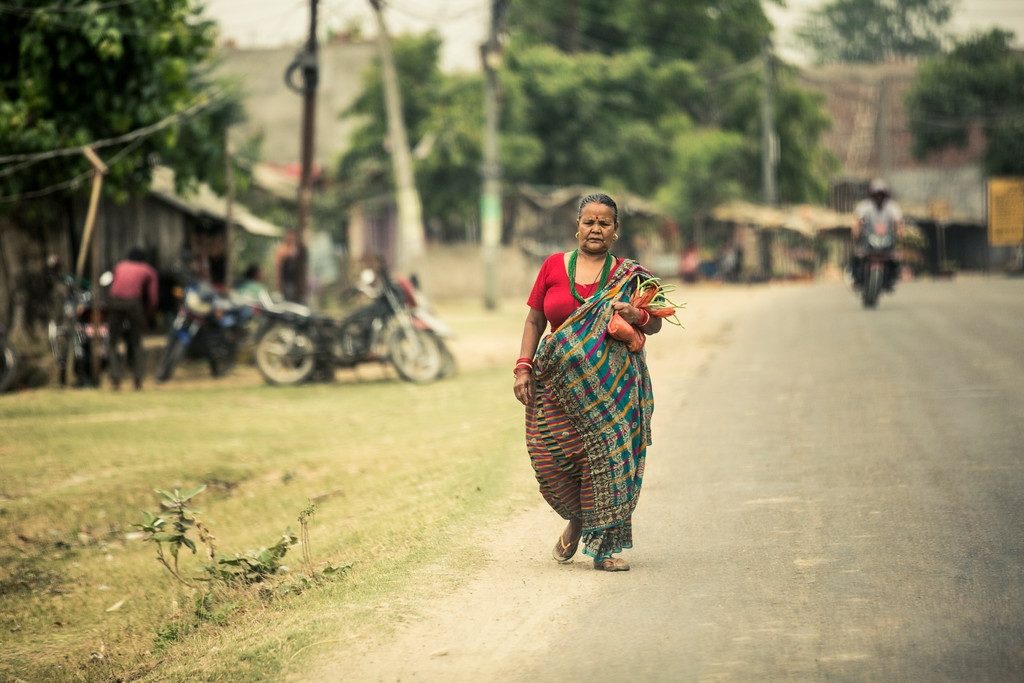 Tshering, a READ Center coordinator in Bhutan, had an all-too-common experience, being deceived and financially exploited by an agent when she left in search of work. People who leave for work like Tshering learn about job opportunities, which are often found in oil-rich countries in the Persian Gulf, in a number of different ways.
Tshering, a READ Center coordinator in Bhutan, had an all-too-common experience, being deceived and financially exploited by an agent when she left in search of work. People who leave for work like Tshering learn about job opportunities, which are often found in oil-rich countries in the Persian Gulf, in a number of different ways.
One common path is working with an “Agent” who promises that, for a fee, they will help the migrant enter the country safely and connect with a job opening. Sometimes it’s legal and documented, sometimes not. Unfortunately, sometimes when it isn’t legal and documented, the migrant doesn’t know they’ve entered the country illegally, especially if they’re passing through that country to reach another.
Tshering (shown below in pink), was lured abroad by an agent promising a well-paying hospitality job in Dubai. After paying an exorbitant sum to the agent, Tshering was abandoned in India. This devastating betrayal left her stranded in a foreign country and incredibly vulnerable. It took her over two months, but Tshering managed to get back home to her family. At first, she felt stigmatized and did not share her experience with others. Three years later, Tshering is now finally able to share her story without shame. She serves as a positive example of grit, honesty, and vulnerability. Tshering works tirelessly to raise awareness about the risks of going abroad and to provide accurate information to her peers about how to mitigate those risks.
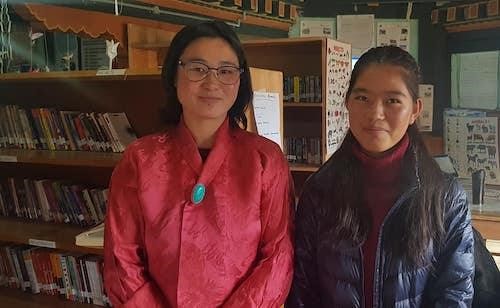
Reflecting on her experience, Tshering said, “Now, working with READ, I am empowered to talk about my story and advise youth and their parents to be informed and cautious about the choices and decisions they make in choosing their career abroad.”
The need for work, combined with a lack of information on safe migration practices, can put labor migrants at high risk for modern slavery and human trafficking, bait and switch work scenarios, and monetary exploitation. There is a higher risk of human trafficking for women and girls, who make up the vast majority of victims (71%).
That means 29% of trafficking victims are men, a truth that is often lost or unmentioned in broader conversations about human trafficking. And they are often engaged in labor migration to seek better ways to provide for their families, only to be exploited in their efforts. Globally, the International Labour Organization estimates that over 150 million people, 55% of whom are men, travel outside of their home county to work.
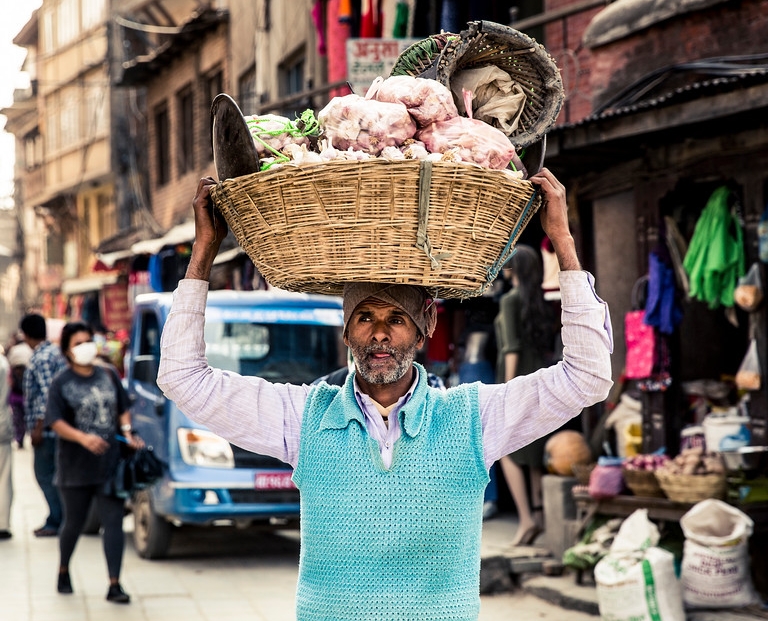
There are multiple points along the path of labor migration where abuse occurs and migrants are taken advantage of due to lack of information and resources. Common migrant worker abuses include bait-and-switch scenarios, where a worker is promised one job or salary, but is forced into a different set of circumstances, often with no means for recourse. Migrants may also pay massive fees for assistance in managing their migration, only to find they’ve been illegally exploited and in a worse state than when they began, without the freedom or means to travel back home, like Tshering’s experience.
My own introduction to these migration risks came through another organization, Dining for Women, which has worked with READ Global in the past and focuses on the education and empowerment of women and girls in developing countries. Migration issues affect women in a unique way, because their safety and well-being may be put at risk both through their own migration and through the migration of a male family member, whose absence can leave them in a vulnerable socio-economic position. These dangers are further exacerbated should that male family member fall victim to labor exploitation or trafficking, making the safety of every migrant vital not only for an individual, but for their entire family.
Through my work with Dining for Women and READ, one consistent truth has emerged: unsafe migration cannot be solved if we look at it in a vacuum. For example, it is impossible to separate the issue of safe migration from the unique subset of challenges faced by women and men who must leave their communities and countries to find work, and are more likely to be forced into labor in poor working conditions. Likewise, it is impossible to separate these issues from the roots in a lack of education and resources for both women and men. If we’re going to create a path to safe migration, we must work from the very foundation of communities, upward and outward. The question then becomes: How?
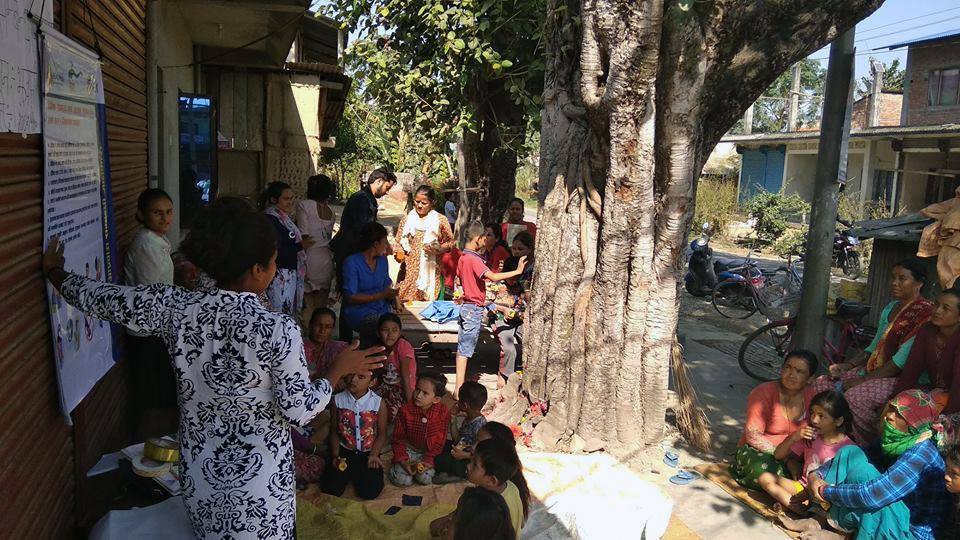
IREX designed the Navigator Program to provide potential migrants and their family members with the information and support they need to make safe choices, and the resources needed to seek recourse if exploitation occurs. The program is rooted in the communities themselves, and by partnering with IREX to deliver this program in Nepal, READ Centers act as the hub in each community. Because these Centers already play a major role in community life, there is an increased level of trust, approachability, and support in what the Navigator Program is offering.
Ultimately, the program is about three main pillars:
- Resources: Local-language posters and pamphlets provide critical information such as the steps of the legal migration process, documents to keep with them, and who to call in the event of problems. Community members can reference these materials in their local READ Center and take home to share with their families and community.
- Training: Librarians, Teachers, and Peer Educators provide training sessions at READ Centers, schools, and other community venues on topics including the legal migration process, safeguards to protect themselves as they make migration-related decisions, and where to access justice if they are exploited abroad.
- Outreach: Peer Educators conduct house-to-house outreach and community events such as street dramas to raise awareness about safe migration and the available services and resources among prospective migrants and their families.
These pillars, and the partnership between READ and IREX, are part of the Navigator program, which is working in multiple countries in the region to address safe migration.
Over the next several blog posts, we’re going to dive deeper into how each of these three pillars has directly affected the lives of potential migrants, and you’ll be able to hear the stories of the people we’ve served.
With IREX and READ Global working together, community-based change can begin to take affect and provide a path to safe migration.


